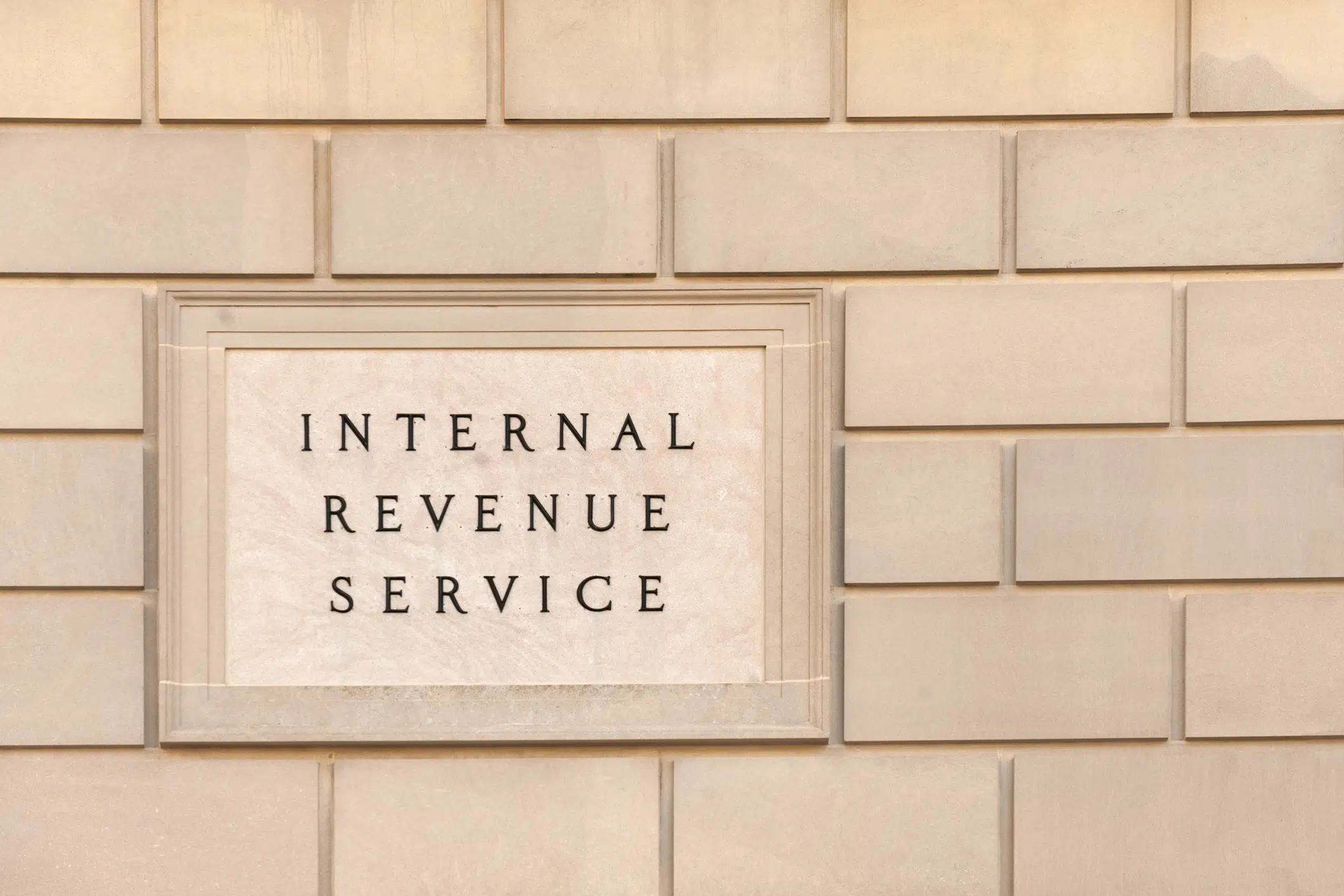Hiring in a New Era
As you create your company’s hiring plan for a post-pandemic world, you need to adapt to a new reality. To begin with, you will need to consider these trends: Talent shortage. There is an ongoing talent shortage in many industries, making the hiring landscape more competitive than ever before. Businesses need to assess what new … Read more











